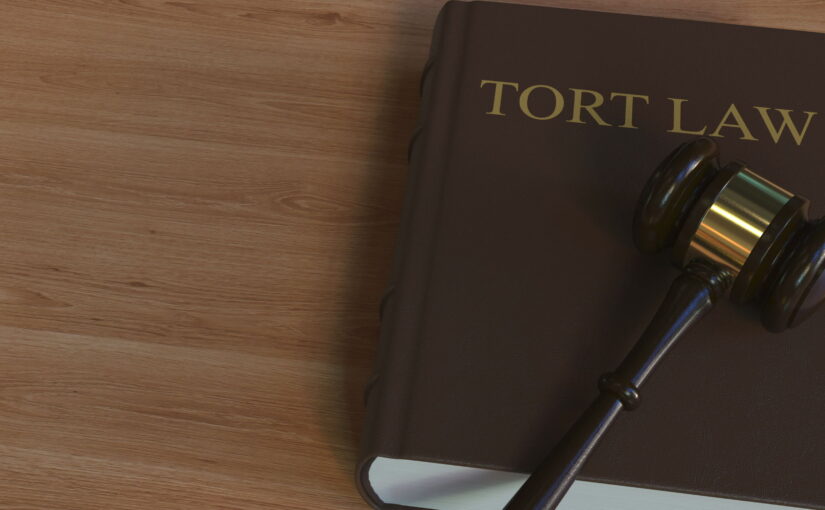FBMJ Attorneys Win Change for Toxic Tort Causation Standards in Michigan

FBMJ Attorneys recently prevailed in convincing the Michigan Court of Appeals to require more stringent causation proofs from plaintiffs in toxic tort cases. The case will have far reaching consequences for all toxic tort cases, as the opinion brought causation analysis in Michigan toxic tort cases in-line with the causation analysis adopted by many other jurisdictions. This will provide all entities defending toxic tort cases with more arguments to make at the dispositive motion stage or even earlier.
In Powell-Murphy v. Revitalizing Auto Cmtys. Envtl. Response Tr., COA Judges Mark T. Boonstra, Amy Ronayne Krause, and David H. Sawyer outlined these important changes to Michigan’s toxic tort jurisprudence. Namely, the August 13, 2020 opinion creates additional proofs for plaintiffs to establish in order to survive summary disposition. Toxic tort plaintiffs must now plead and prove both: (1) that the subject constituent(s) of concern can cause the complained of injury at some level (general causation) via published epidemiological papers or other peer reviewed sources; and (2) that a plaintiff received an exposure and injury that is consistent with the levels which have been determined to be harmful (specific causation).
These new standards represent the Court of Appeals adopting the framework of general causation and specific causation outlined originally by Michigan Supreme Court Justice Stephen Markman in his dissenting opinion in Lowery v Enbridge Energy Ltd. P’ship, in 2017. Under this framework, “[t]he mere existence of a toxin in the environment is insufficient to establish causation without proof that the particular level of exposure could cause the plaintiff’s symptoms,” Justice Markman wrote in the Lowery case. “Put another way, causation requires not simply proof of exposure to the substance, but proof of enough exposure to cause the plaintiff’s specific illness.”
Moving ahead under this framework, any future causal analysis in a toxic tort case necessarily must be focused on the underlying evidence offered by plaintiff experts to support the following:
1. Identification of the constituents which are alleged to have caused any claimed ailments;
2. Whether epidemiological studies or other peer reviewed medical studies support that the constituent causes the claimed ailments, and at what dose (i.e. general causation); and
3. Whether plaintiff can establish specific causation with evidence that she in fact experienced a dose consistent with a level that may cause an injury based on the peer reviewed medical or epidemiological journals.
The Powell-Murphy Court agreed with Justice Markman that, “the need for expert testimony regarding causation in a toxic tort case is determined on the basis of whether the matter is so obvious that it is within the common knowledge and experience of an ordinary layperson.” A failure of a plaintiff to support either general or specific causation will provide grounds for a Motion to Dismiss under this framework.
To this end, both the underlying facts regarding identity and concentrations of constituents on the site, along with an assessment and opinion as to how a plaintiff was exposed to the substance (i.e. the claimed exposure route) will be important underlying factors which must be assessed to determine whether a Plaintiff has met the causal standards outlined above.
For more information on how this decision benefits the defense of toxic tort lawsuits in Michigan, you may contact the attorneys Richard Baron, Benjamin Fruchey or Nicholas Tatro at 734-742-1800.

